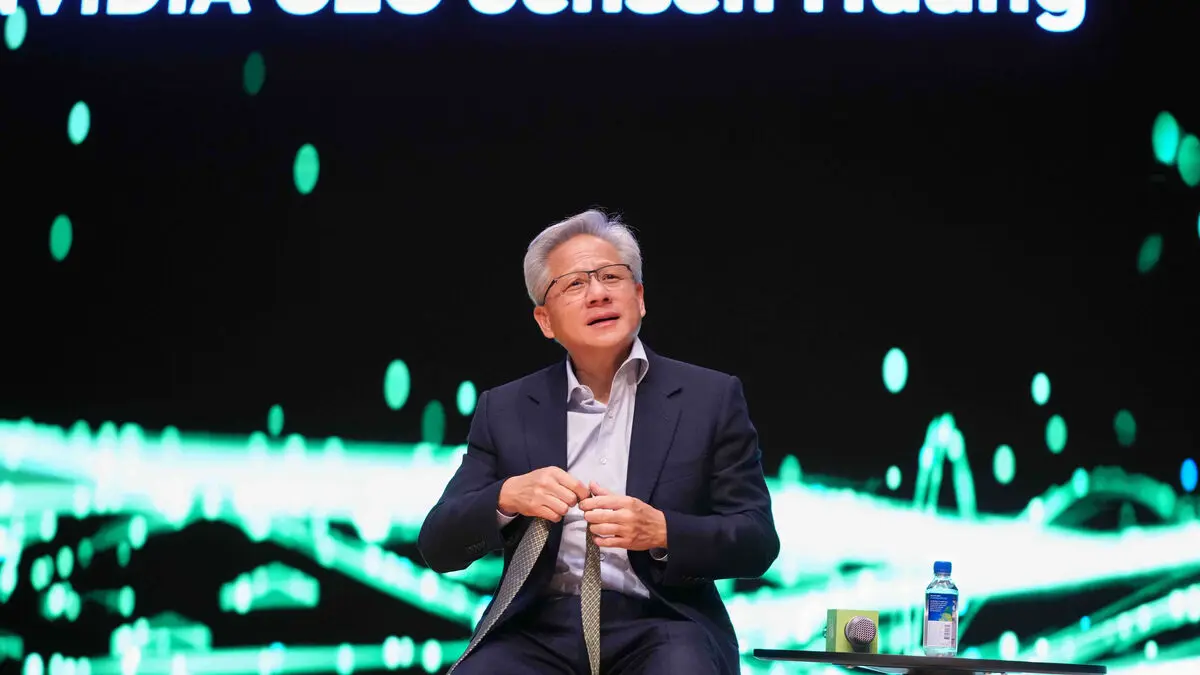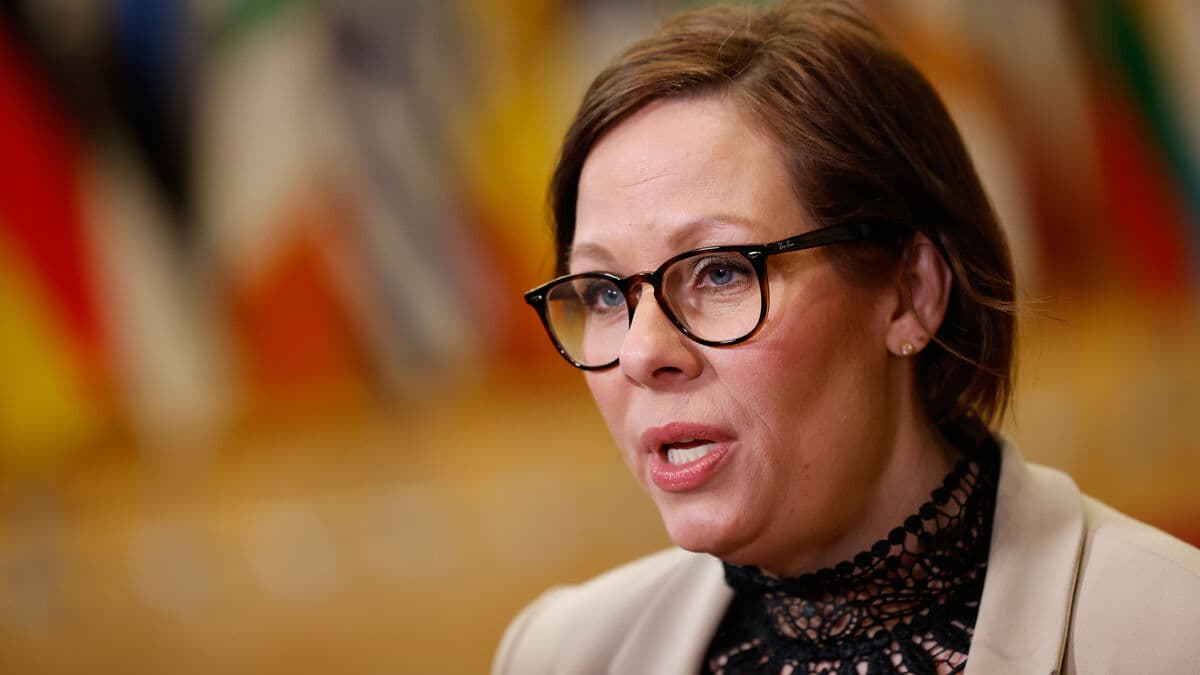On Wednesday evening after the New York Stock Exchange closes, Nvidia will release fourth-quarter figures, and this comes at a time when uncertainty has grown increasingly surrounding the AI sector.
The California-based company supplies the world's most advanced computer chips to giants like Google, Amazon, and Oracle. With CEO Jensen Huang at the forefront, the company reached a market capitalization of over $4 trillion earlier this year.
Nvidia has managed to create a kind of basic ecosystem for AI infrastructure and for investors who wanted to invest in structural growth. In recent years, data centers and AI have been “The Only Show in Town,” explains Christian Granquist.
He is a manager at the Seventh Swedish National Pension Fund and as Nvidia's share has surged by over 1,300 percent in the past five years, Nvidia has also grown to become the fund's largest holding at 4.8 percent. It is also company valuations like this that are causing some to now warn of an AI bubble, but Christian Granquist is not one of them:
To me, a bubble is defined as something like boiling soup on a nail, a bit like the tulip bubble of the 17th century. This is not entirely comparable because it is real money that is invested and it is real services that are delivered.
Giant investments
Christian Granquist points out that investments in the US alone linked to AI, among other things, are estimated at $5,000 billion over a five-year period, eight times the entire GDP of Sweden.
Next year, investments of 700 billion are expected, half of which is expected to end up with Nvidia. They are an extremely central player.
Christian Granquist admits that Nvidia's current valuation, 30 times next year's profit, is relatively high but at the same time comparable to, for example, Microsoft.
At the same time, market growth for AI is slowing down a bit due to the law of large numbers. The market size is so large that it can no longer grow at 50 percent per year, which has been the case for several years.
Risk of competition
One possible question mark that Christian Granquist sees at the moment is that a competitor would emerge and put pressure on Nvidia. Companies such as Alphabet (Google), Microsoft and Amazon are developing their own AI chips.
– There is always a risk that you can invent products that are more efficient or affordable than Nvidia's and that may happen sooner or later. It is highly unusual to have such a strong market position and maintain margins of 50 percent, but at the moment it is not relevant because Nvidia is the technology, price and market leader.
Nvidia – manufacturer of graphics cards and processors for artificial intelligence (AI) and machine learning – has grown to become the world's most valuable company.
The stock has risen 1,300 percent in the last five years, and since the turn of the year it is up 35 percent.
Behind the company is CEO Jensen Huang, who founded the company in 1993 and is now one of the world's ten richest people. In AP7's equity fund, Nvidia now accounts for 4.8 percent and a market value of SEK 65 billion. This can be compared to the total market value of the equity portfolio, which currently stands at SEK 1,330 billion.






